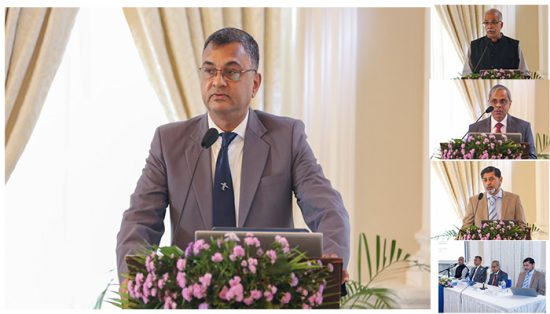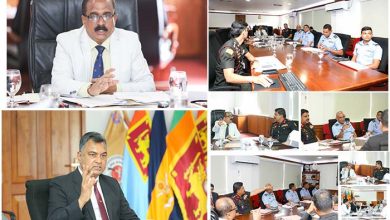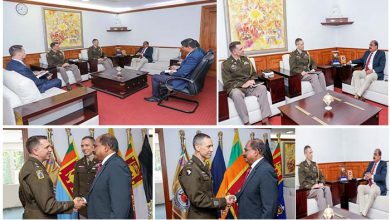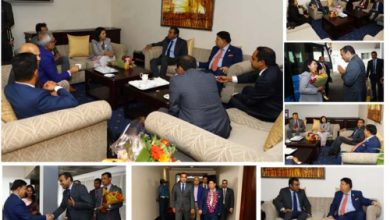
In the quiet dignity of Taj Samudra, where calm does not mean complacency, a new vigilance was born. Marking the 17th World Day Against Trafficking in Persons, the International Labour Organization (ILO), in partnership with the Ministry of Labour, convened a powerful three-day training programme for law enforcement—a silent shift from awareness to action.
Gathered were key figures of Sri Lanka’s labour and justice landscape: Secretary S.M. Piyatissa, Commissioner General Nadeeka Wataliyadda, ILO’s Anoop Sathpathy, and Air Vice Marshal Sampath Thuyacontha (Retd), Chair of the National Anti-Human Trafficking Task Force. Their message was unmistakable—
“Inspections are not routine—they are lifelines.”
At the core of the initiative was the unveiling of a targeted training module, crafted under the guidance of the Attorney General’s Department. It equips officials with tools to recognize the subtle threads of exploitation: withheld wages, deceptive recruitment, and coercion disguised as contracts.
Labour Inspectors—once passive observers—are now cast as first responders in the nation’s defence against modern-day slavery.
This programme did more than train. It summoned conscience. It reminded all present that no file, no form, no statistic stands alone. Each holds the shape of a life interrupted.
And in closing, came a gentle but potent call:
“Let us be the ones who make that difference—before another name is lost to silence.”






